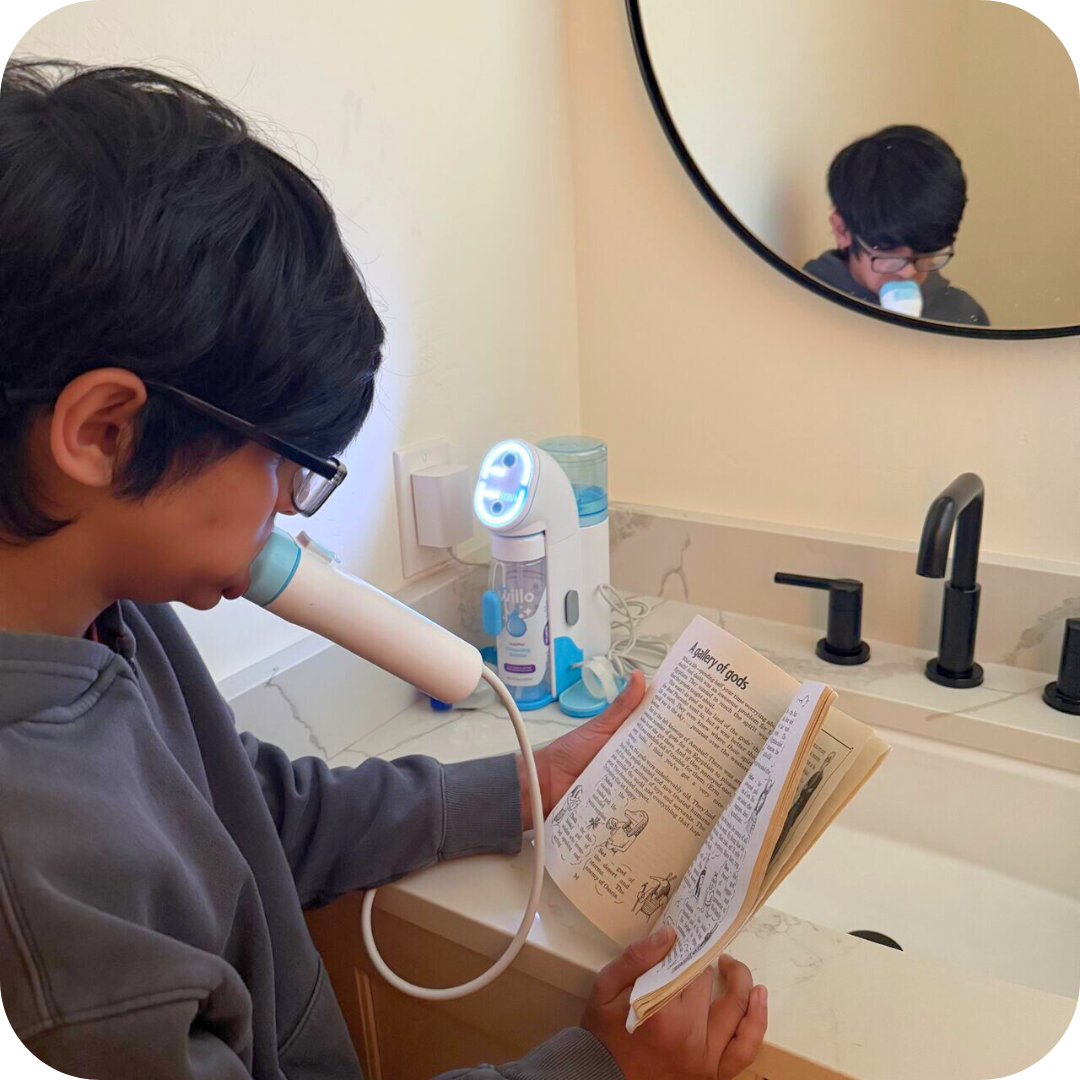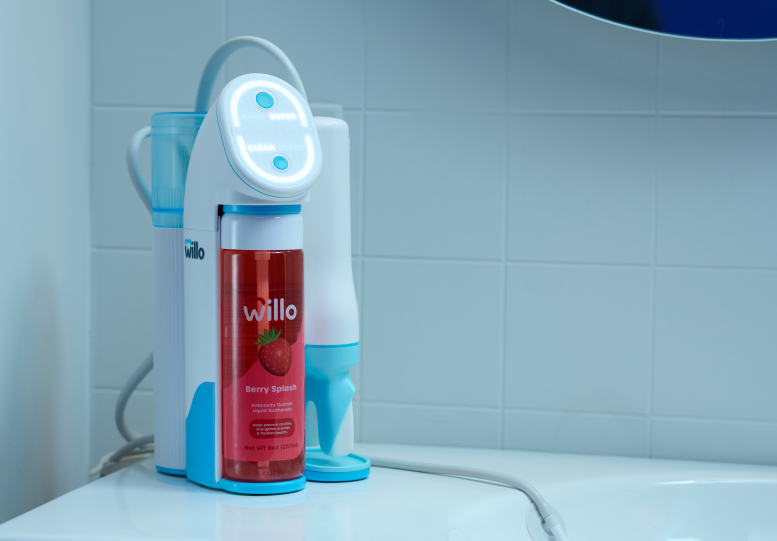Why Oral Health Matters More Than We Thought for Autistic Kids

by Suchi Deshpande
Oral care always took a back seat for me. Between getting myself ready, getting two kids out the door, and managing two excited dogs, toothbrushing was the last thing on my mind.
Then, during a quiet evening, that sweet moment when your child leans in for a kiss turns into a “bad breath” wake-up call, a reminder you’ve let it slide. And still, I ignored it… why?
Reasons Why Oral Healthcare Took a Backseat
- It’s another losing battle: Brushing turns into a meltdown, so it’s easier to avoid the fight.
- It’s not urgent: Cavities don’t send kids home from school, so it slips down the priority list.
- Burnout is real: Brushing can be a sensory overload and a multi-step challenge, especially during busy mornings.
- Procrastination happens: It’s “not a problem… yet” until it suddenly is.
I may be alone here, but oral health wasn’t a focus for me until my kids started getting their adult teeth. By then, habits are harder to build and sensory aversions are already ingrained.
Hidden Cost of Ignoring Oral Health
After consulting our team of providers, which included BCBAs, SLPs, and, of course, pediatricians and dentists, I knew I could no longer ignore it for the following reasons:
- Impacts on overall health: Kids with ASD already have elevated inflammatory markers, so oral infections can worsen overall inflammation faster, affecting their immune system, mood, and energy.
- Increased sensitivity and poor diets: Because brushing and flossing weren’t practiced early, we missed the window to desensitize them. Now heightened sensitivity makes them more resistant to oral care and food textures, reducing their ability to tolerate fruits and vegetables.
- It can socially isolate them more: They already face social challenges, and I don’t want poor oral hygiene to become another reason for future isolation, especially when it’s preventable.
- Missed chance to develop independence: Brushing is a key self-care skill that supports confidence and autonomy.
- Self-care Skills for life: Building executive function skills like routine, sequencing, and focus starts with basics like brushing.
Of course, the information above doesn’t change the fact that our household is still running on fumes, but that’s when Willo came along. It was the product I didn’t know I needed, and it was truly life changing; no exaggeration.
The Solution
When a friend shared how well Willo, a fully-automated sensory tooth brushing system, worked for their child, I didn’t hesitate to buy one. I was desperate and willing to try anything. It turned out to be one of the best products we’ve ever purchased, and it truly paid off!
- Sensory friendly: It’s the first sensory-friendly brush that provided the most comfortable brushing experience we’ve tried. Over the years, we have tried U-shaped brushes and electric toothbrushes, but this was the first one my kids tolerated and stuck with.
- Science-Backed Brushing: Did you know that a toothbrush needs to be held at a 30 degree angle to clean along the gum line? I didn’t. Willo does it for you, ensuring brushing is done the best way possible, every .. single .. time.
- Fully automatic: It’s a truly fully automatic end-to-end experience. You insert it in your mouth, it dispenses the toothpaste, brushes your teeth, and automatically drains the residue into the sink. What more could you ask for?
- Predictable Routine: A visual timer prompts you through the full two minutes of brushing. The consistency helps my kids feel secure with a predictable routine, and I have peace of mind knowing their teeth are really getting cleaned
- Independence for kids: This has become a positive reinforcement exercise, and the kids take pride in managing their routine with minimal verbal prompts.
- Quick and easy to learn: Setup took just a couple of minutes, and within days the kids were using it on their own with no frustration. I haven’t looked back since!
I no longer have to hover over them during brushing, I know it’s getting done, and done right. For families of neurodivergent children, this isn’t just about brushing teeth; it’s about building independence, self-care, and better health. It’s even made us look forward to dentist visits, and that feels like a win in my book.
Parents - if you’d like to try it, get started here for discount details and a 30-day trial.





